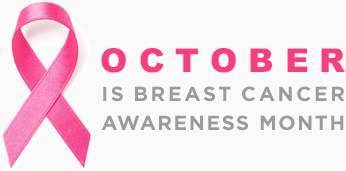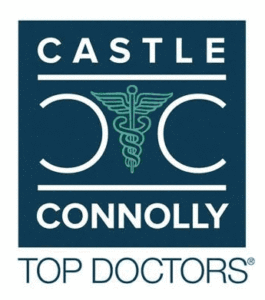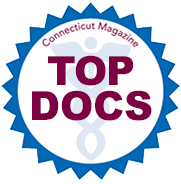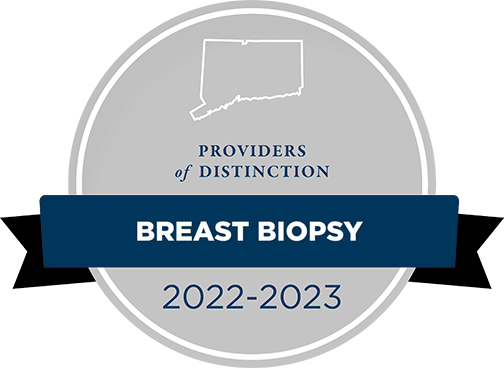Open Days, Evenings, and Weekends for Breast Cancer Awareness Month 2023
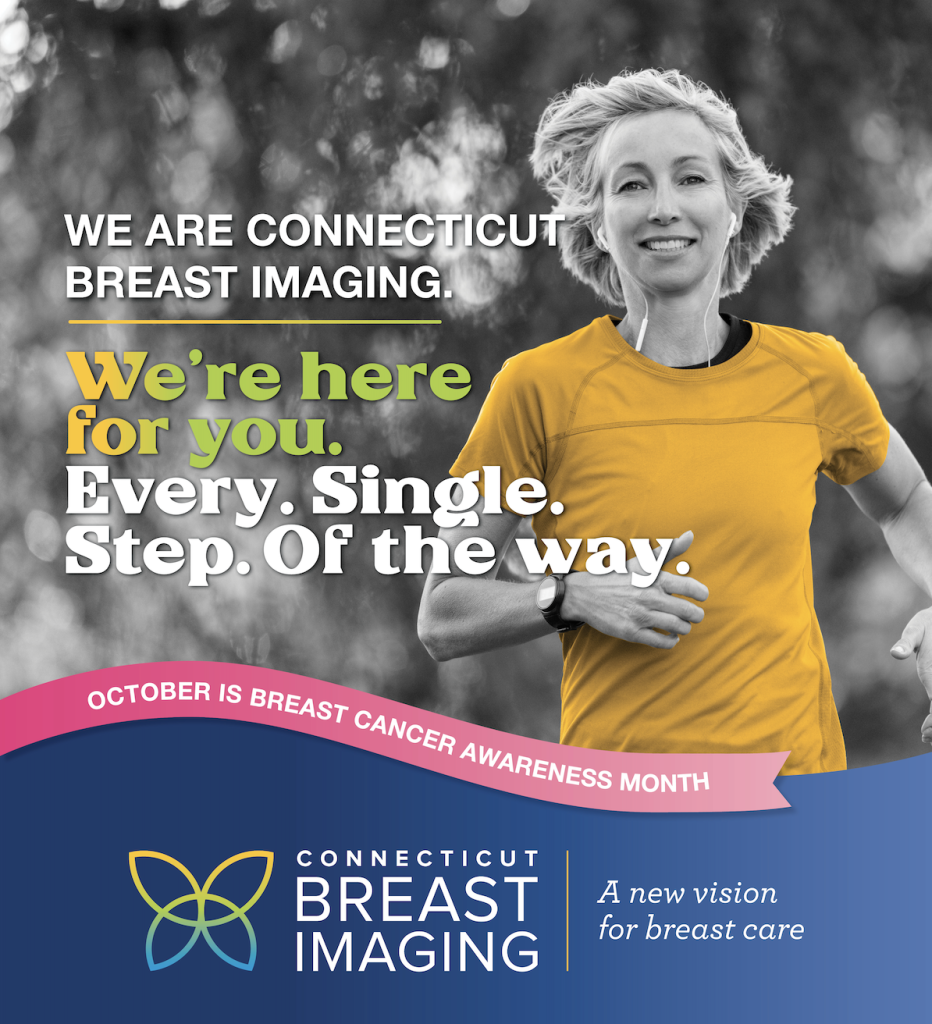
Join us this Breast Cancer Awareness Month! Connecticut Breast Imaging is here for you with convenient mammogram appointments available days, evenings, and weekends. Visit us at our Southbury and Brookfield offices until 8 PM to receive a screening mammogram, same-day results, and to speak with our highly trained breast imaging radiologists. Remember, early detection saves […]
Connecticut Breast Image Supports the Danbury Chamber of Commerce: “Conversations with Extraordinary Women” Event
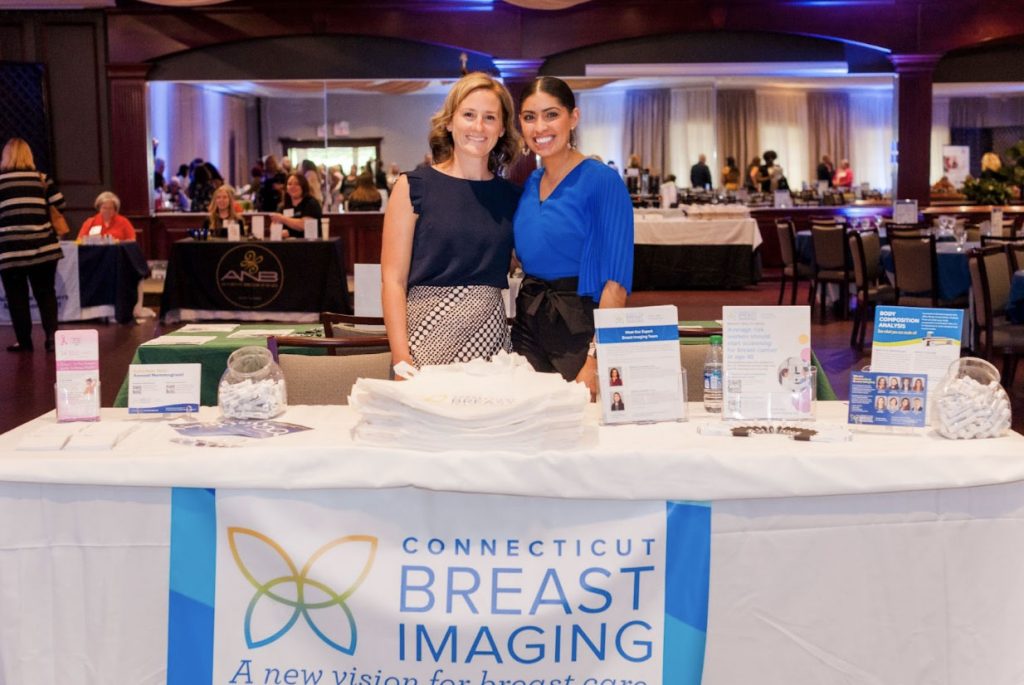
On May 16th, the Danbury Chamber of Commerce hosted a remarkable event that brought together inspiring women from various walks of life. Titled “Conversations with Extraordinary Women,” this event aimed to celebrate the accomplishments of women in business, leadership, and community service. The occasion provided a platform for attendees to exchange insights, network, and gain valuable […]
Celebrating Connecticut Breast Imaging’s Brookfield New Office Opening!
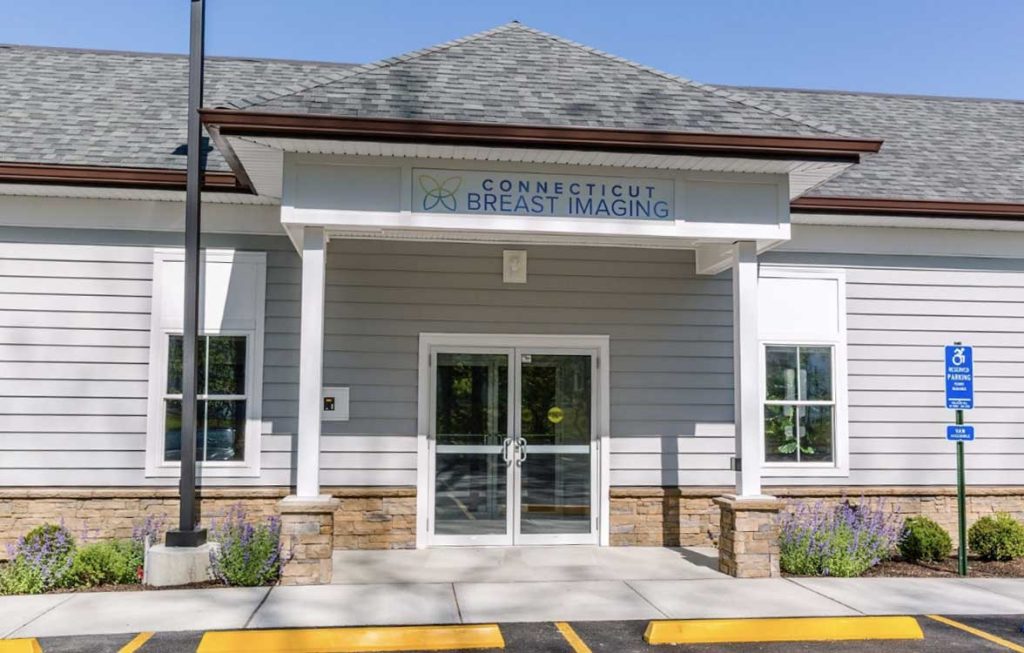
May 17th, 2023 was a beautiful spring day and a memorable one for the doctors, technologists, and staff who were welcomed by municipal leaders at Connecticut Breast Imaging’s grand opening and ribbon cutting ceremony with the Brookfield Chamber of Commerce. “We’re thrilled to open our new Brookfield office, bringing exceptional breast imaging services to the […]
Dr. Seema Bakhru and Women Leading the Way to Wellness
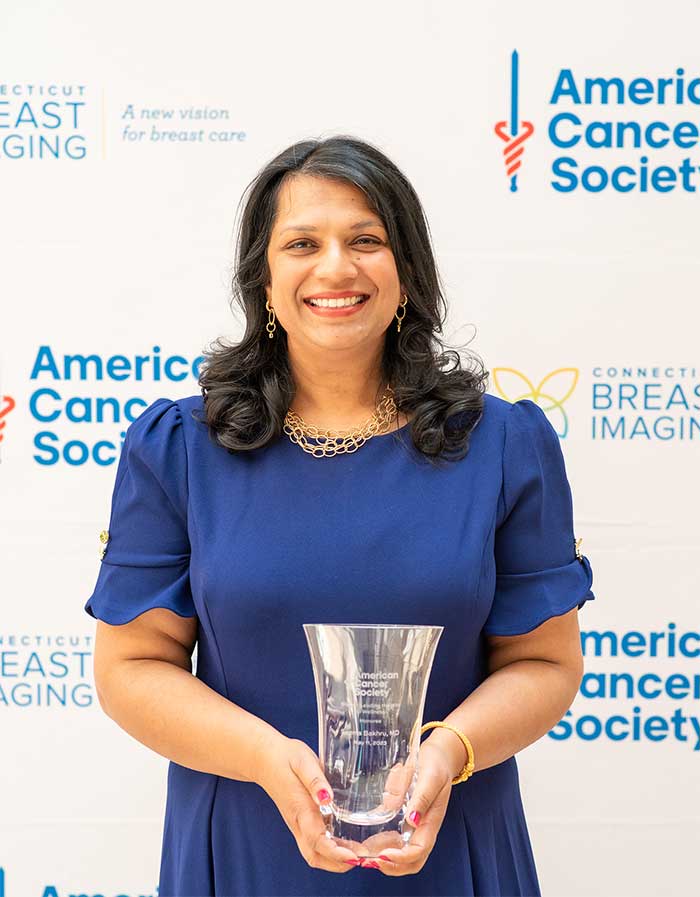
Photographer credit: Laura St John Photography In today’s rapidly evolving healthcare landscape, women are emerging as leaders in various fields, driving significant advancements in promoting wellness. Among these remarkable individuals is Dr. Seema Bakhru, a distinguished diagnostic radiologist. Read on to explore the inspiring journey of Connecticut Breast Imaging’s Dr. Bakhru and learn more about the influential […]
Seeing Pink Should Make You Think: “It’s Time to Get a Mammogram”
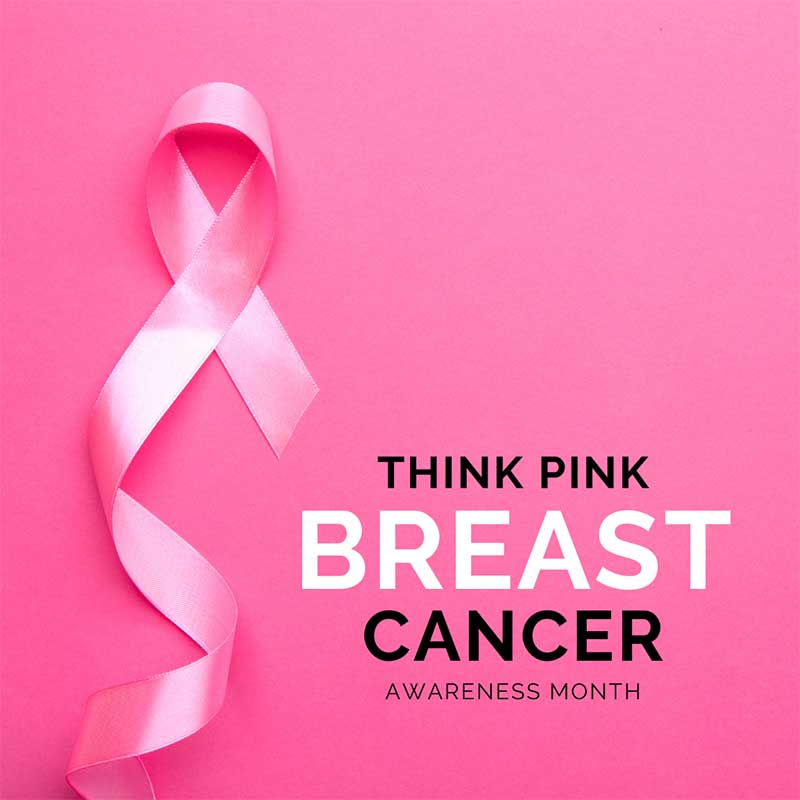
October is Breast Cancer Awareness Month. We recommend annual screening mammograms in all women of average risk starting at 40. Screening mammograms save lives. Know the Facts One in eight American women (13%) will develop breast cancer in their lifetime. For women in the U.S., breast cancer is the most commonly diagnosed cancer. Breast Cancer […]
Uncommon Symptoms of Breast Cancer
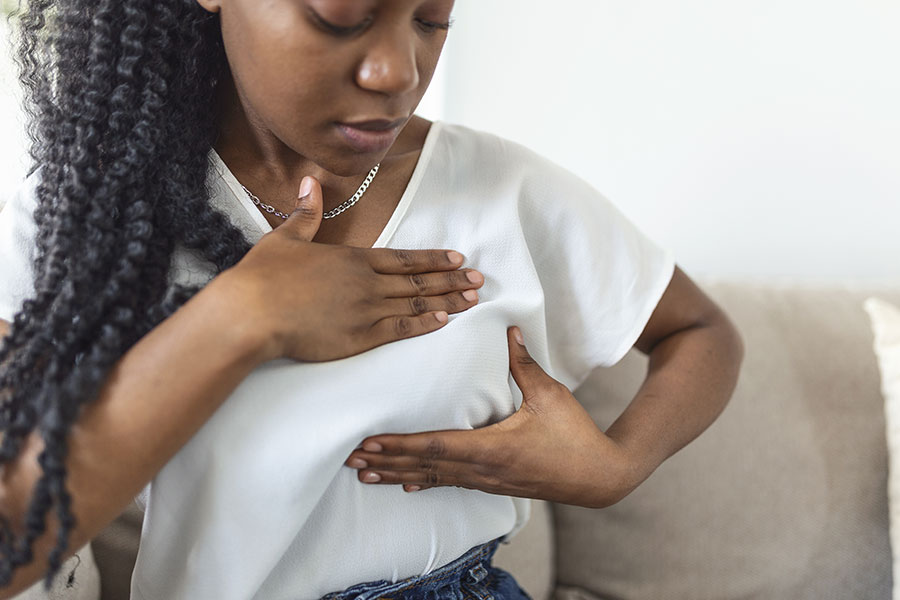
Brought to you by Connecticut Breast Imaging Regular breast self-examinations can detect abnormalities, and mammograms can provide images that detect breast tissue changes. This is why regular mammography screenings are recommended for all women starting at age 40. While these tests are the most effective ways to discover disease early, breast cancer doesn’t always begin […]
The Benefits of Green Tea for Breast Cancer Patients

Connecticut Breast Imaging is dedicated to caring for each patient throughout a cancer journey, from initial testing and diagnosis through treatment and recovery. A healthy diet and consumption of foods that may boost their immune system and overall health is a crucial part of the journey. We like to share information, such as this article […]
The Breast Cancer Gene: BRCA
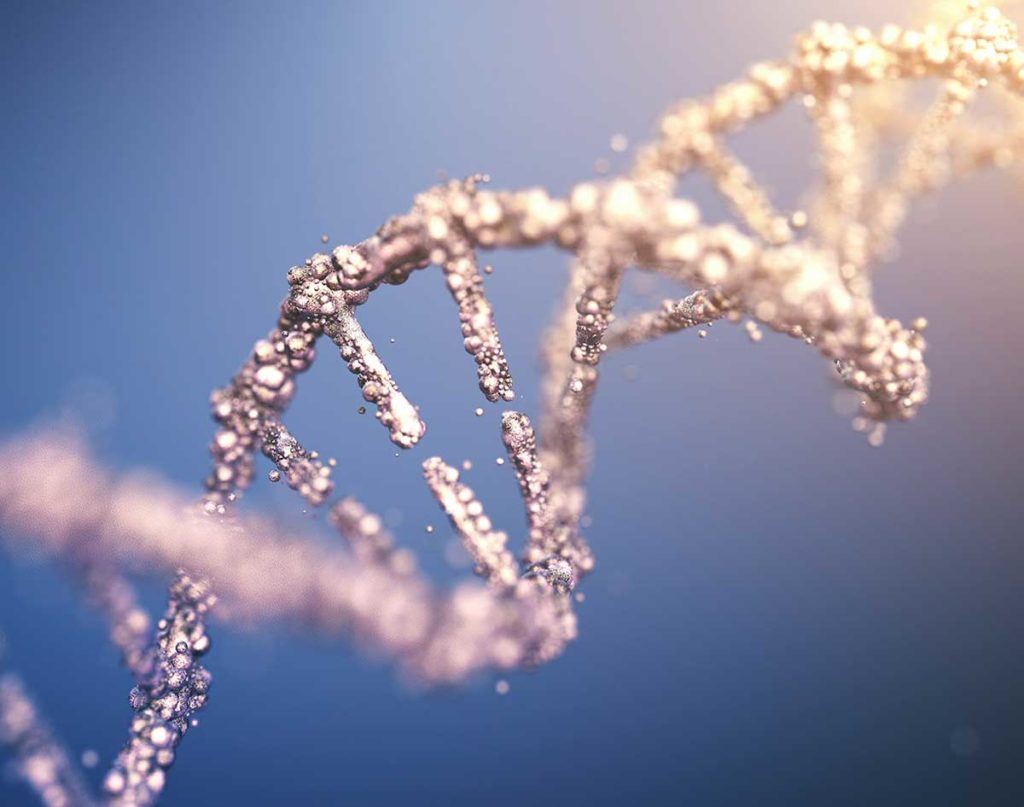
Genes are pieces of our DNA that code for individual traits. We get one set of genes from each of our biological parents. While genes determine our physical traits, like the color of our hair or eyes, they also determine other characteristics. Genes are responsible for our blood type, immune system capabilities, and the general […]
Dense Breasts
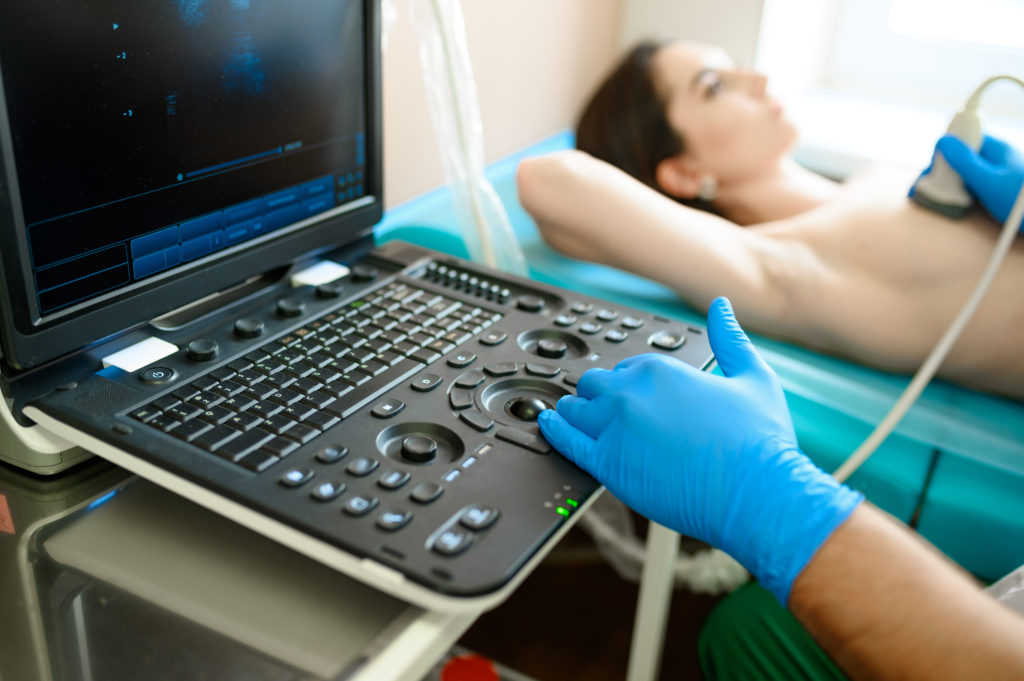
Dense Breasts A patient may be worried the first time a medical professional recommends doing more testing to get a “clearer” look at the breasts. However, dense breasts are common and often require additional imaging to make sure the technologists and physicians get a clear view into the intricate components of the breast. Fibrous Connective […]
Think Pink, Think Early Detection

Pink, Pink, Everywhere See pink, wear pink, think pink in October for Breast Cancer Awareness Month. You just saw a pink ribbon – did it remind you to schedule your annual screening mammogram? Screening mammograms save lives. One in eight women, or about 13%, will have breast cancer in their lifetime, with breast cancer second […]
